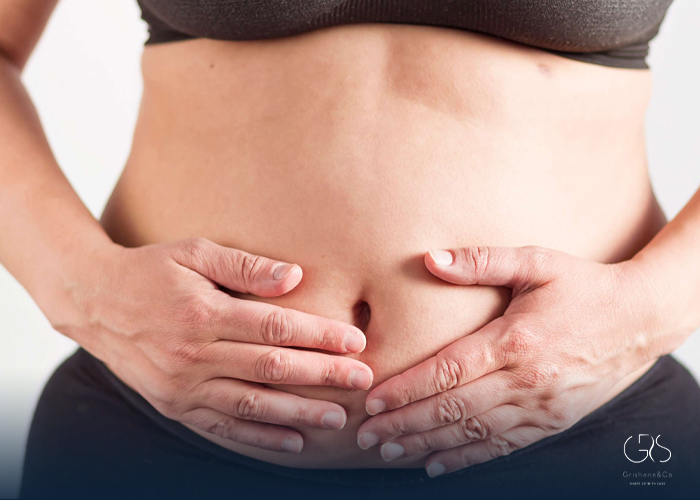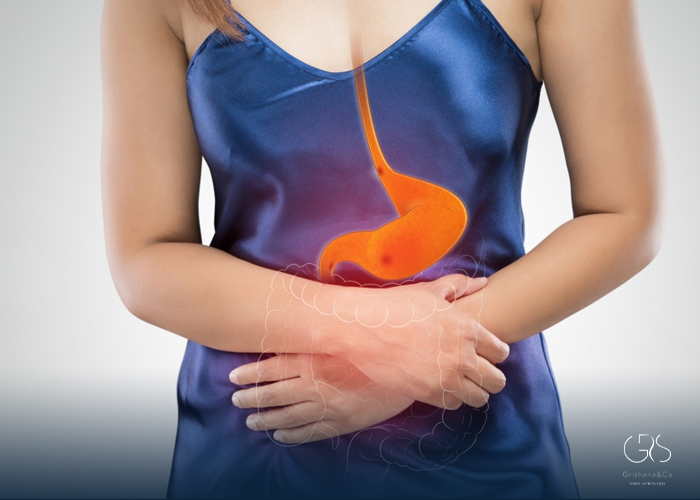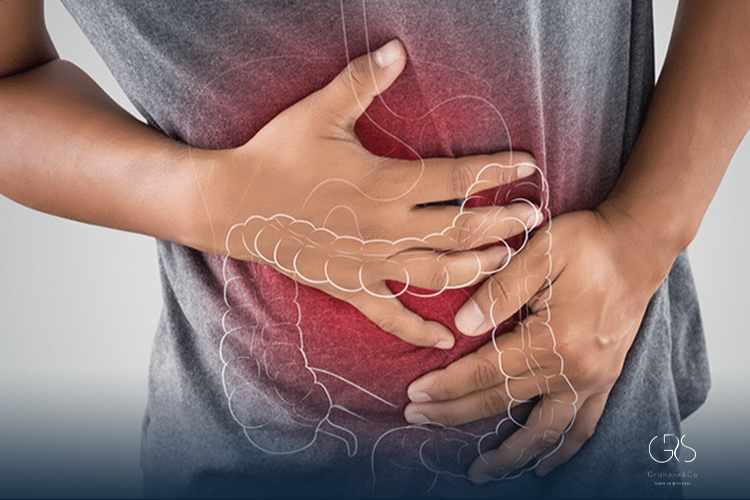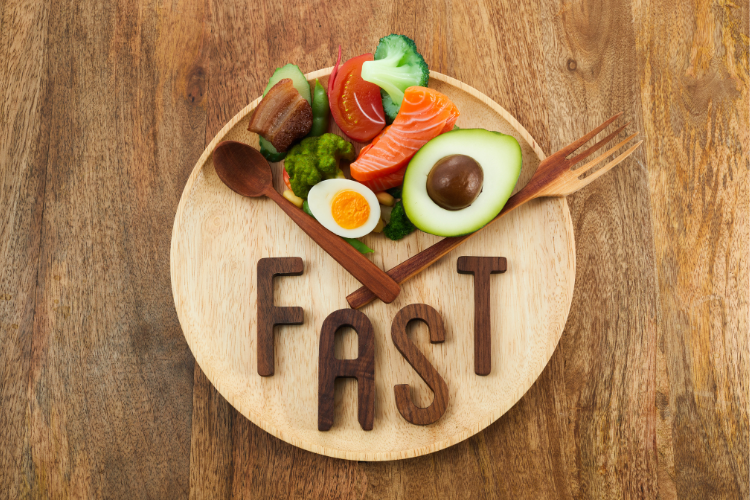Colonoscopy preparation is essential for the detection of colon and rectal cancer, which are among the most prevalent forms of cancer globally. To ensure a successful and comfortable colonoscopy experience, it is important to have a comprehensive understanding of the various types of colonoscopy prep, adhere to dietary restrictions and medication adjustments, take care of yourself during the preparation process, and employ strategies to make the intake of prep fluids easier. By following these steps, you can enhance the effectiveness of the screening procedure and prioritize your health.
Getting Ready for a Colonoscopy
1.Consultation with a Gastroenterologist: Schedule an appointment with a gastroenterologist to receive personalized guidance regarding the procedure, specific dietary requirements, and medication adjustments.
2.Preparatory Diet: Follow the recommended diet that includes clear liquids and low-fiber foods a few days prior to the colonoscopy. Consult with your healthcare provider for any dietary restrictions or preferences.
3.Bowel Preparation: To ensure a clear view of the colon during the procedure, you will be required to undergo bowel preparation. This involves consuming a bowel-cleansing solution as prescribed by your gastroenterologist. Adequate bowel cleansing improves the detection of abnormalities during the colonoscopy.
4.Medication Adjustments: Inform your healthcare provider about any medications you are taking, as some may need to be temporarily discontinued or adjusted. This step is crucial for a safe and successful colonoscopy.
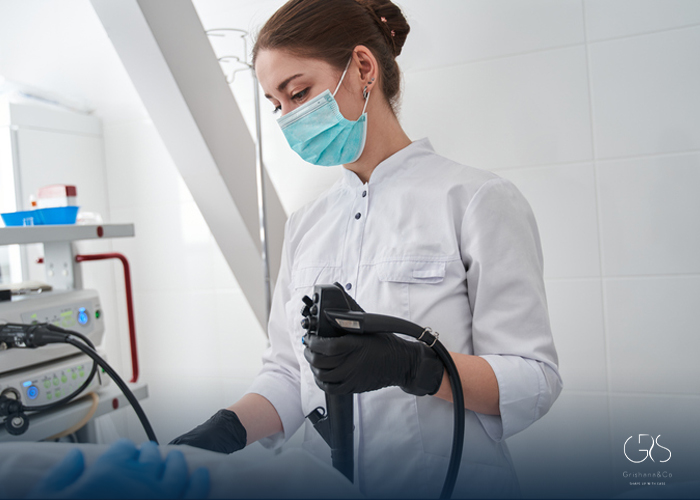
Caring for Yourself During Preparation
1.Patient Experience: Understand that the process of preparing for a colonoscopy can be challenging both mentally and physically. Communicate with your healthcare provider about any concerns or anxieties you may have. They can provide clear instructions and address your worries to promote adherence to the preparation protocol.
2.Cultural Factors: Recognize that cultural perspectives and beliefs may influence individuals’ willingness to undergo a colonoscopy. Work with your healthcare provider to find alternatives or modifications that align with your cultural needs while still ensuring early cancer detection.
Making Drinking the Prep Fluid Easier

Drinking the prep fluid can be challenging, but these tips can help make it easier:
1.Temperature: Chill the prep fluid or add ice to make it more palatable. Some individuals find that drinking it cold helps mask the taste.
2.Use a Straw: Use a straw to bypass direct contact with your taste buds, making it easier to swallow the solution quickly.
3.Flavor Enhancements: If permitted by your healthcare provider, add a flavoring agent (like a sugar-free drink mix) to improve the taste of the prep solution. Ensure it doesn’t interfere with the effectiveness of the prep.
Conclusion
Proper preparation for a colonoscopy is a critical step in the early detection of colorectal cancer. It is vital that you closely follow the recommendations provided by your gastroenterologist. This includes adhering to any dietary restrictions or medication adjustments that may be necessary before the procedure. Additionally, maintaining open and honest communication with your healthcare provider is crucial. By doing so, you can actively contribute to preserving your health and making informed decisions regarding your overall well-being.
Recognizing the importance of effective communication between patients and healthcare providers, it is essential to consider diverse perspectives and cultural factors throughout the preparation and colonoscopy process. Openly discussing any concerns or questions you may have can lead to smoother and more personalized care. Regular screenings, such as colonoscopy, are instrumental in reducing the burden of colorectal cancer on a global scale. The early detection and treatment made possible by these screenings significantly contribute to improved patient outcomes and a healthier population.
Sources
- World Health Organization. (2021), Cancer
- American Cancer Society, Colonoscopy




